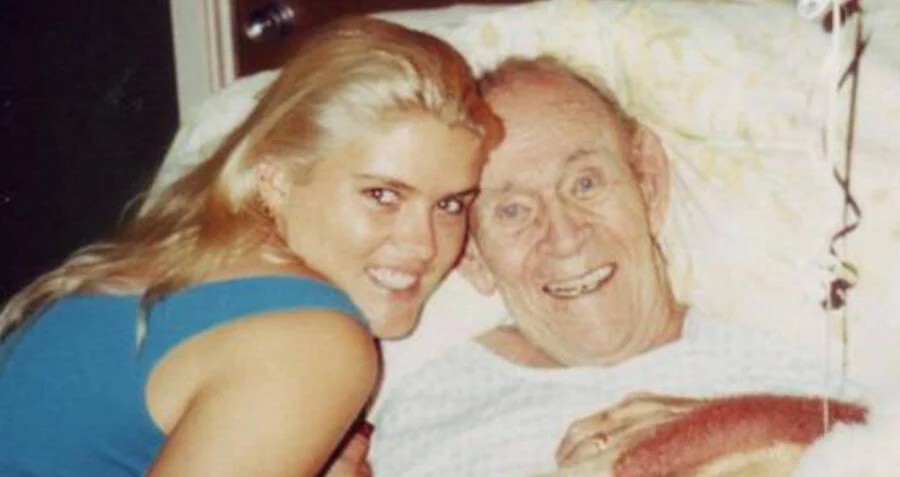
Whether you’ve been a fan of Star Trek since the ’60s or discovered it more recently, it’s hard to ignore the significant impact William Shatner had as Capt. James T Kirk. He commanded the Starship Enterprise and is widely regarded as the best captain in any Star Trek series.
Sadly, many of his fellow actors from the original Star Trek series have passed away. While William Shatner has remained present in various aspects of our lives, he has recently received a diagnosis of a terminal illness.

William Shatner isn’t just known for his role on Star Trek; he’s also released eight albums and appeared in numerous commercials. Despite his fortunate life, he has faced various challenges, including a diagnosis of prostate cancer.
After receiving the diagnosis, Shatner admitted to feeling concerned about his prognosis. In an interview with NBC, he recounted the moment when a doctor informed him of the deadly condition, leaving him uncertain about how to react.
“I was told by a doctor that I had a deadly condition. That I was going to die,” Shatner recalled. “I wasn’t sure how to react to the news. We were discussing my funeral.”
Prostate cancer often goes unnoticed until it reaches an advanced stage, as it tends to progress slowly. It’s typically not until the prostate grows large enough to obstruct the urethra that symptoms arise, prompting further investigation.
Shatner’s doctor conducted a prostate-specific antigen (PSA) test to determine the severity of the cancer or if other factors were contributing to elevated levels.
“He took my PSA, a marker for this disease, to figure out which sort it was,” Shatner explained of his diagnosis.

“Up until that time, it was at one or two, well within acceptable ranges. He announced that it was ten. ‘Aggressive cancer,’ says the doctor. Ten! My own body had deceived me.”
William Shatner found himself perplexed and frustrated upon receiving the diagnosis. Soon after, thoughts of mortality began to weigh heavily on his mind.
“I recognized my prognosis; I had drafted my will, which indicated that upon my death, this person would receive this and that person would receive that,” he said.
“On a more emotional level, though, I was convinced I would live indefinitely. I contested it. It meant expressing my will before indulging in a lovely piece of strudel. Death had no meaning for me.”
Shatner also pondered whether his use of testosterone supplements could have contributed to the cancer.
“I wondered whether I should discontinue taking the supplements.” “Yeah,” he said, “that would be a terrific idea.”
Research suggests that men over 55 are at a higher risk of prostate cancer. While some studies indicate that high testosterone levels are not linked to increased prostate cancer risk, the matter remains a topic of debate.
Additionally, one study suggests that low testosterone levels may decrease the risk of prostate cancer, whereas high levels do not have a protective effect.
Shatner shared, “Three months later, I received another PSA test. It had dropped to one. One.”
He believes that the elevated PSA numbers were a result of the testosterone supplements he was using.
“The body acquires cancer frequently and exterminates it, but that test’s sensitivity allowed it to identify even the slightest hint of it, which, combined with the PSA reading, made me fear I was near death. I was pleased to learn that I did not have cancer. I’ve returned to not dying. At the very least, immediately.”
False positive PSA tests are not uncommon. Biopsies or MRIs are often more reliable methods for screening prostate cancer.
We’re grateful that the initial diagnosis was overturned, and we eagerly anticipate many more years of Shatner boldly taking us where no one has gone before.
If you enjoyed this story or article, make sure to share it with your beloved friends and follow Cat's Voice for more heartwarming content & Videos!






